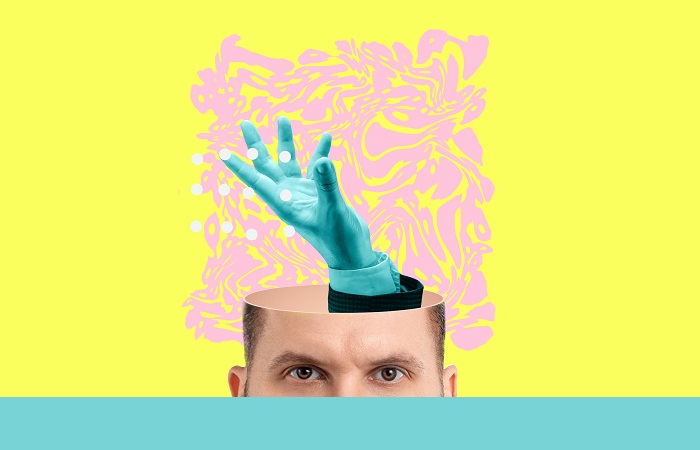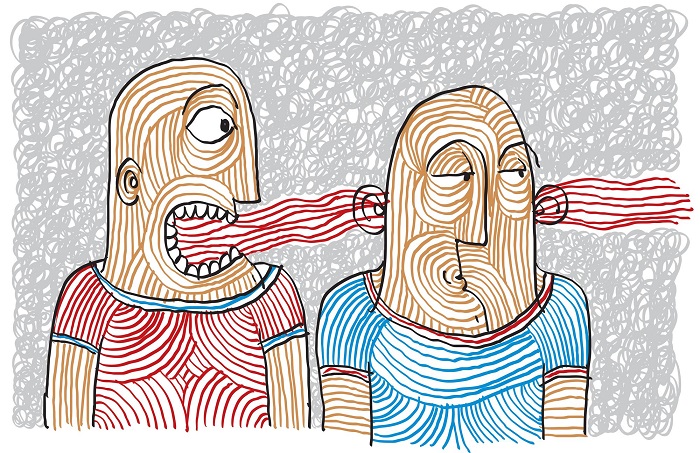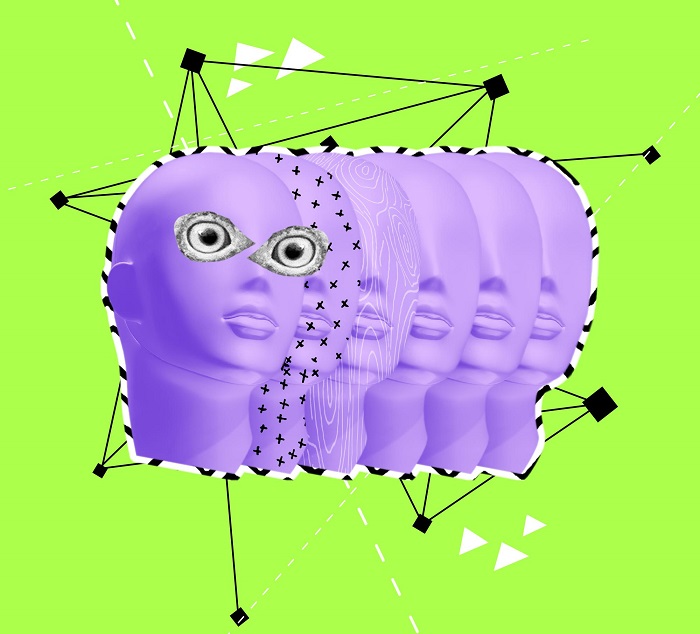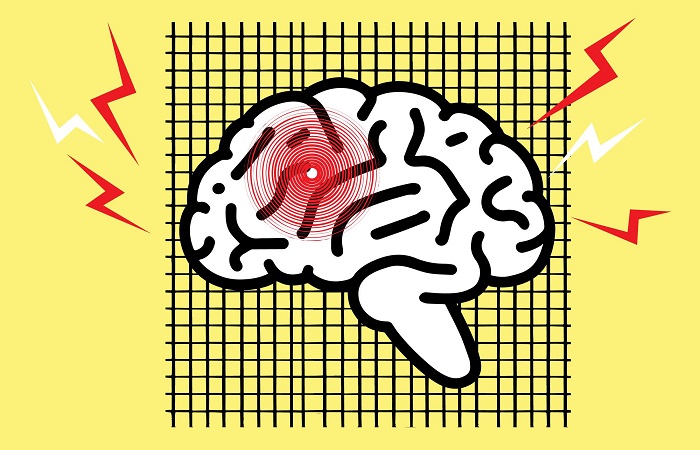
Table of Contents
First, let’s have a quick chat
The fact that you’re here and reading this shows how much you care. Maybe you’ve had an internal awakening or just wanted to search this to learn more about yourself. Self-knowledge is one of the most important concepts one can work on to improve themselves. As Sir John Fenwick puts it, “The more a Man knows, the more he knows that he knows not; the fuller the Mind is, the emptier it finds itself.” However, being dumb doesn’t have to do anything with being good at maths, English, art, or any kind of academic subject. I think that nowadays, our daily lives need more maturity and wisdom rather than just “being good at something” or “feeling super genius.” It’s not about being a professional in a specific field to be employed by people who want to hire digital marketers or hire software developers. I believe the ability to improve oneself, think freely, and have an open mind is all it takes to be considered mature and smart.
In today’s blog post, we go through everything we need to know to improve ourselves, become better people, recognize our toxic traits, end the stigma, and truly feel better in our skin.
⭐Before start reading the article, I’d like to, once again, clarify that by “dumb” or “stupid” I don’t mean to be offensive or cruel.
What is it like to be dumb
Although there’s nothing such as ‘dumb’ actually defined and valuable in psychology, we still see people in our daily lives and call them dumb in our heads. Or, at some point, when we’re overthinking before sleep, we call our actions or words dumb. What are our standards for calling someone or something dumb? Being rational, there are some particular qualities that we have in common. Here are the 7 signs of stupidity, according to my observation:
- Being too judgemental:
Although being “judgemental” can be a sign of objective thinking and critical thinking at some points(!) but acting like a Karen and trying to judge everyone thinking you’re better than anyone else might be a sign of a closed mind that is not willing to face the truth and new ideas.
- Hate against particular groups of people:
You might have seen people who hate people for no particular reason. They haven’t done anything cruel to them or hurt them in any way, but they still choose violence against them and spread hate toward them through social media and real life. If you hate someone for their gender, being a part of the LGBTQ+ community, the color of their skin, etc., reconsider your thoughts, educate yourself, and know that we all have the right to be alive and live however we want as long as we don’t hurt each other or try to take people’s freedom away.
- Talking before thinking:

This is a common thing among people in society. Talking before thinking can lead to saying things that are hurtful, inappropriate, or untrue. It’s important to take a moment to reflect on what we want to say before speaking to avoid damaging relationships or causing harm.
- Building up a character based on other people:
Building a character based on other people refers to adopting their traits and behaviors as your own. While it can be helpful to learn from others, relying too heavily on their opinions and actions can lead to a lack of individuality and personal growth. Maintaining a sense of self and making choices based on your values and beliefs is crucial. Don’t make a God out of a particular person because everyone makes mistakes, and you need to build an identity of your own based on your true beliefs and thoughts.
- Being too obsessive:
Being too obsessive can be toxic because it can lead to an unhealthy fixation on something or someone, harming mental health and relationships. It’s not necessarily a sign of stupidity, but it can indicate a lack of emotional regulation and an inability to let go of control. Finding a balance between passion and obsession is crucial to maintain a healthy mindset and relationships.
- Not listening effectively:
Listening effectively is important because it enables you to understand the speaker’s perspective, thoughts, and emotions. It can make you a smarter person by expanding your knowledge and helping you learn from others’ experiences. When you listen actively, you can also avoid misunderstandings and improve your communication skills.
- Supporting a toxic or violent mentality:
Supporting a toxic or violent mentality means endorsing behaviors or attitudes that promote harm or negativity toward others. It is terrible because it can create a hostile and unsafe environment for individuals and lead to long-term psychological damage. It can also perpetuate a cycle of violence and negativity, further harming all involved.
- Having a big ego
According to Freud, the famous Austrian psychologist, the ego is part of the psyche that mediates between the impulses of the id and the demands of reality. It operates on the “reality principle,” which seeks to satisfy the id’s desires in a realistic and socially acceptable way.
Putting all the scientifical sides aside, having a big ego, on the other hand, means having an inflated sense of self-importance and a need for admiration. This can lead to arrogance, entitlement, and a lack of empathy toward others. While some level of confidence and self-assuredness is important for personal growth and success, an excessive ego can be harmful to oneself and others. It can lead to destructive behavior, strained relationships, and an inability to accept criticism or feedback. Therefore, it’s essential to maintain a healthy balance between one’s ego and one’s relationships with others.
Can a dumb person become smart?

There’s always space to grow. I believe that doing something and being in a process is better than doing nothing. If we use the 100% capacity of our brains, we can do really great things and basically “change the world.” So why wait? Let’s check some excellent tips to make healthy progress and build a balance in our life:
- Find your passion.
Many of us haven’t found our true passion yet. We must’ve been forced to study or work in a field that we have no interest in and feel that we don’t belong there, and as a result, we might feel stupid or dumb. It’s not our fault. Finding your passion is not a straightforward thing that takes only one night to do. However, if you want to feel better about yourself, it’s a process that needs to be done sooner or later.
- Try new things out.
Experiencing new things mostly outside your comfort zone can open your mind and lead you to be a more out-of-the-box thinker. Attending a new workshop, going on a trip you’ve never had before, trying out a new sport, or starting to learn a new language can all help you in your path in life and help you understand yourself more.
- Learn how to save money.
In today’s economic situation, making money might be quite challenging. Therefore, we all need to learn how to save this money and spend it wisely. Although there is no one-size-fits-all method or technique, you can still find the best way to save money with just a quick search on Google!
- Move your body.

At this point, I’m not talking about joining a massive gym or a prominent sports team, getting a private coach and stuff. Going on short walks in your town, exercising at home, or just standing up and doing small chores around the house are sometimes all it takes to have physical movement. You also can play sports that are both fun and actually make you use your brain and senses. For instance, you can try table tennis, bowling, yoga, basketball, and martial arts.
- Socialize more.
If you have a safe community or circle of safe people in your life, hang out with them more often. Try to have deep conversations and deep connections with them. If you’re in touch with toxic people, notice them and cut them off. Socializing and having even one friend or a member of the family that you can talk and share your thoughts with is so important.
- Go to therapy.
I know… I know. You might think it’s unnecessary or feel you can’t afford it. I can totally understand. However, sometimes in life, you just need to talk to someone, heal from your trauma, and feel better in your own skin. Sometimes, that “someone” can’t be your partner, your friend, or a family member. Therapy can help improve communication skills and relationships, reduce chronic pain, and address symptoms related to mental health conditions. It also empowers you to develop fresh insights about yourself and acquire new skills.
- Take one step at a time.
Throughout the process, you need to stop yourself from obsessing over the bigger picture, and you lose your mind. You must step back, look at everything, and take one step at a time considering all aspects of your life. Taking one step at a time means focusing on small, manageable tasks rather than overwhelming yourself with the bigger picture. It is a way to break down a complex goal into more achievable steps, reducing stress and increasing your chances of success. By taking things one step at a time, you can make progress toward your goal while staying motivated and avoiding burnout.
- Scroll less.
Mindblowingly high screen time is a disease of the generations. Reducing screen time has several benefits, including better sleep quality, improved eye health, and reduced risk of obesity. Limiting screen time can also help people become more active and social, leading to better overall well-being. Additionally, less screen time can help you be more present in the moment and focus on other activities.
- Read/listen to podcasts and audiobooks.
Reading books or listening to audiobooks and podcasts in your free time can provide numerous benefits, such as expanding your knowledge, improving your vocabulary and language skills, and reducing stress and anxiety levels. It can also enhance your empathy and understanding of different cultures and perspectives. Additionally, it can be a great way to unwind and escape from the daily grind.
- Care for your health.
When we care for our mind, skin, and body, drink a lot of water, and enjoy healthy foods, we feel so great afterward that we just feel the urge to keep going. If you have unhealthy habits you know are bad for you, try to reduce them. Once you’re mentally and physically in a healthy state, your mind is more prepared and open to accepting new things, and you’re more likely to make more genuine decisions.
How do I become more mature?
Generally, there are four kinds of maturity: physical, mental, emotional, and spiritual. However, general maturity refers to being emotionally and mentally developed, characterized by qualities such as responsibility, empathy, and self-awareness. It is essential because it helps individuals navigate challenges in life effectively, build healthy relationships, and achieve personal growth. A mature person can manage their emotions, communicate effectively, and make sound decisions, leading to a fulfilling and successful life. After all, a mature person is more likely to make smart moves and have self-improvement.
- Take responsibility for your actions and decisions.
- Learn from your mistakes and failures.
- Practice emotional regulation and self-control.
- Prioritize long-term goals over short-term pleasures.
- Develop practical communication skills.
- Cultivate empathy and understanding towards others.
- Learn to handle conflicts and disagreements respectfully.
Maybe it’s ADHD!

Attention Deficit Hyperactivity Disorder (ADHD) is a neurodevelopmental disorder that affects a person’s ability to focus, stay organized, and control their impulses. Many people with ADHD struggle with tasks that require sustained attention, leading them to believe they are unintelligent or incapable. However, this is far from the truth. ADHD is not a measure of intelligence but rather a neurological difference that can make certain tasks more challenging. It is important to recognize the symptoms of ADHD and seek support to manage them effectively. With proper treatment and accommodations, individuals with ADHD can thrive academically, professionally, and personally. Although you can’t diagnose yourself with ADHD and only a professional can help you recognize it and live better with it, here are some common symptoms of adults with ADHD:
- Difficulty organizing tasks and activities
- Forgetfulness and absent-mindedness
- Impulsivity and acting without thinking
- Procrastination and difficulty starting tasks
- Poor time management skills
- Difficulty completing tasks and following through on commitments
- Restlessness and fidgeting
- Chronic lateness and forgetfulness
- Difficulty listening and paying attention
- Mood swings and emotional instability










As soon as I noticed this web site I went on reddit to share some of the love with them.